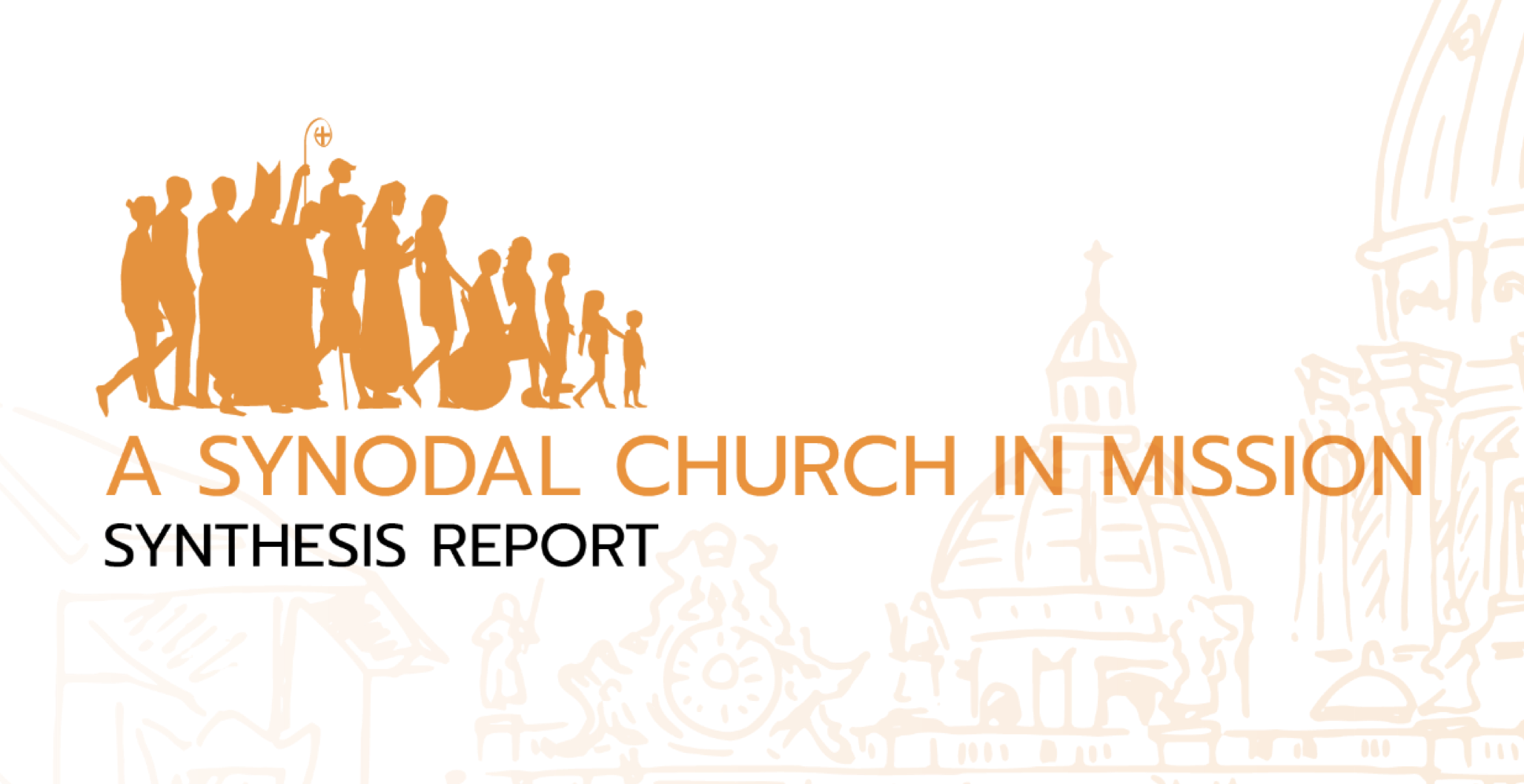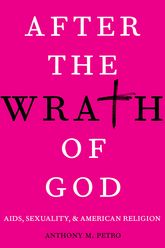I am not a Roman Catholic. But as an openly gay Protestant pastor, I watched closely and prayed earnestly for the Holy Spirit to be at work during Synod conversations on LGBTQ inclusion, because I know the church has tremendous power to bring about justice and equity for all LGBTQ people.
I have been inspired by Pope Francis’s persistent posture of listening, including and embracing LGBTQ people during his papacy. The pope has made pastoral (if not doctrinal) efforts to guide the church towards LGBTQ inclusion.
Reading the Synod report is both encouraging and disappointing. It is encouraging, because the Synod notes its attempts to adopt the same posture that Francis has embodied and called people towards since the beginning of his papacy. It is a posture of listening and empathizing with LGBTQ people and other marginalized groups, allowing these encounters to help refine and shape church policies.
At the same time, the report doesn’t explicitly name LGBTQ people as such even once. Instead, it names those who “accept being alone” (16g)—clearly a reference to celibate LGBTQ people—and speaks of those “who feel marginalized and excluded from the Church because of their marriage status, identity or sexuality” (16h). While I understand the challenge for the Synod to explicitly affirm LGBTQ people, these two references feel like too little at best and patronizing at worst.
I have been inspired by Pope Francis’s persistent posture of listening, including and embracing LGBTQ people during his papacy.
LGBTQ people do not “feel” marginalized and excluded from the Catholic Church (and Christianity more generally), they are marginalized and excluded. LGBTQ people and our allies experience active persecution by some Catholics who seek to expose and expel such people from the Body of Christ. The fact that the Synod did not condemn such behavior and clearly state that LGBTQ people are worthy of full equality and dignity feels like a major failure.
The report’s implicit reference to celibacy for LGBTQ people reaffirms current church doctrine on homosexuality. As a gay Christian theologian and pastor, I can tell you that traditional church teaching on homosexuality is not often a “source of life” for LGBTQ people. Some Catholic bishops in Africa and elsewhere have shown either tacit or direct support for a Ugandan law criminalizing homosexuality, despite the pope’s vocal opposition. In October, a Catholic priest in Dracut, Massachusetts sparked controversy for his homily comparing transgender people to children identifying as cats.
While I understand the challenge for the Synod to explicitly affirm LGBTQ people, these two references feel like too little at best and patronizing at worst.
But I see hope in the report’s explicit call for continued learning on human sexuality, among many other controversial issues. The report continues to make space for LGBTQ Catholic organizations like Outreach, Dignity and New Ways Ministry to do vital work. By listening to the voices of LGBTQ Catholics, examining Scripture, consulting modern psychology to shape our understanding of human sexuality and creating space for LGBTQ people in the church, I believe the Spirit will continue to nudge the church towards fuller inclusion for LGBTQ Catholics.
I pose to the Synod a question Saint Peter asked, regarding Gentiles, to the First Council of Jerusalem: “If God gave them the same gift he gave us who believed in the Lord Jesus Christ, who was I to think I could stand in God’s way?” (Acts 11:17) It is undeniable that God has given the gift of salvation to millions of LGBTQ people around the world. Who are any of us to stand in God’s way? I pray that the humility of St. Peter would become the humility of the Synod in the years ahead, and that the Catholic Church will soon throw open its doors to the beautiful diversity of God’s LGBTQ children.



